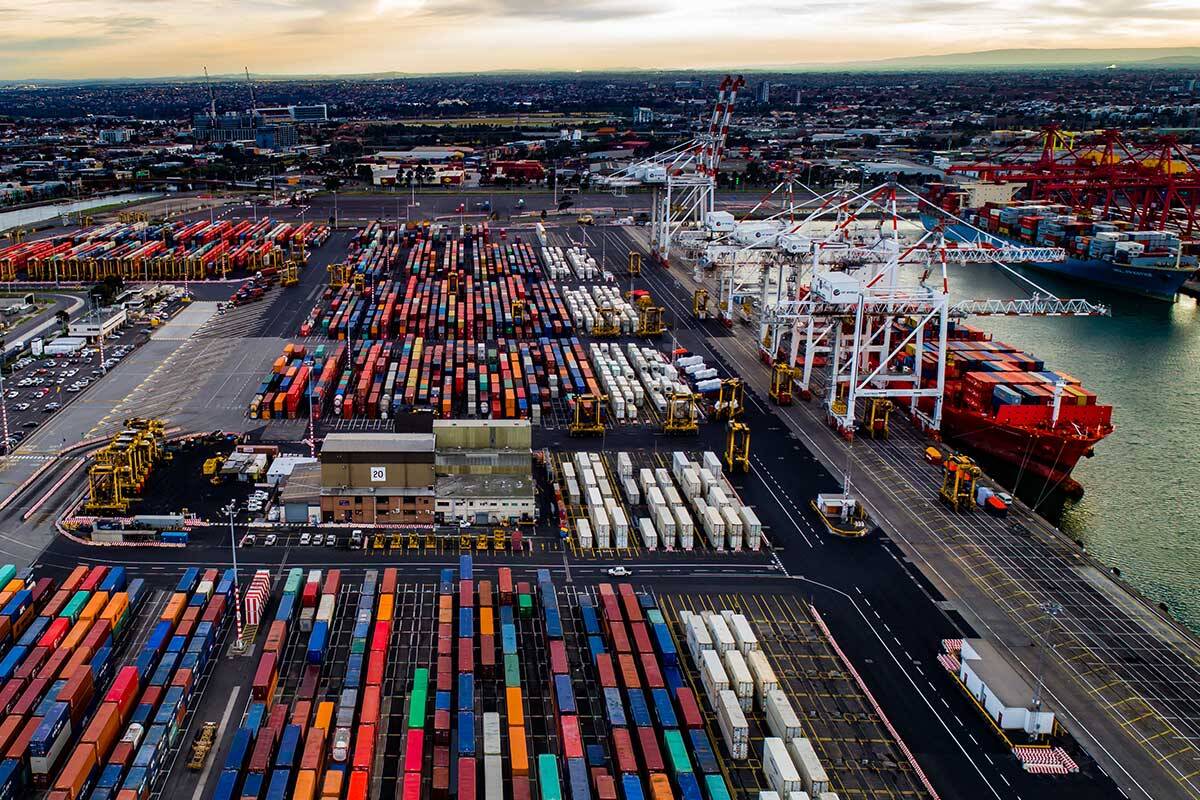Why 10,000 cars are stuck on ships in the Port of Melbourne

Some 10,000 cars are stuck on almost a dozen ships in the Port of Melbourne due to biosecurity checks.
Before cars are unloaded and transported to dealers, they have to be inspected for traces of disease.
“Some of them will be there for weeks,” Victorian Automotive Chamber of Commerce chief Geoff Gwilym revealed on 3AW Mornings.
Press PLAY below to hear about the delays
The federal government told 3AW there had been a 17 per cent increase in new vehicles being imported into Australia, from 939,000 (2021) to 1,099,117 (2022).
“We are currently experiencing delays in vehicle clearance due to biosecurity risk material that pose a major threat to Australia’s agriculture industry,” Murray Watt said in a statement.
“These risks are growing all the time and that is putting a burden on our biosecurity system.
“Australia remains free of major exotic pests and diseases that are currently harming the agriculture sector of neighbouring countries.
“The Albanese Government understands the importance the agriculture industry has on Australia’s economy, food production and natural environment, and the potential danger of these contaminated vehicles.
“More effective ways to manage the increasing number of imported vehicles with biosecurity risk materials are being explored to release vehicles faster while keeping Australia safe.”















